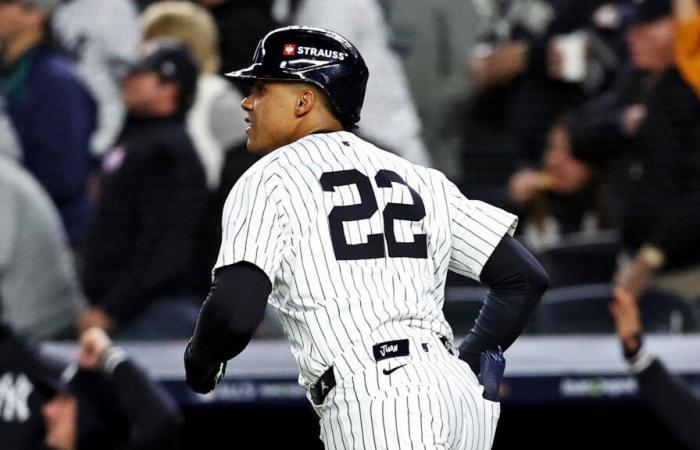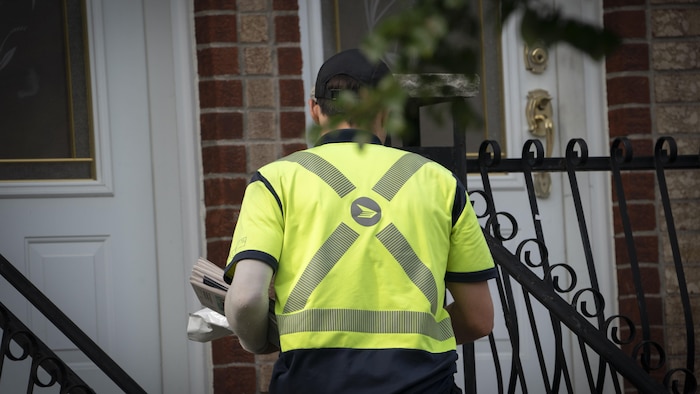Artificial intelligence is shaking up the field of health, to the point that ChatGPT, the most famous generative AI, is sometimes preferred to doctors by patients themselves. An upheaval which arouses as much hope as worry. Here’s why!
Cinema, music, graphics: we already know that these fields are and will be disrupted by artificial intelligence. Less obvious to guess, AIs, like ChatGPT, are seeing rapid adoption in other key industries, including medicine. Studies highlight a growing trend among patients and even healthcare professionals to rely on these systems for advice and diagnostics. A recent study from the University of Kansas, published in the Journal of Pediatric Psychologyshows that some parents prefer the information provided by ChatGPT to that of doctors. The participants, 116 parents aged 18 to 65, evaluated texts generated by AI under medical supervision or directly written by experts. The results reveal few differences perceived between the two. Surprisingly, the content generated by ChatGPT is sometimes considered more reliable and precise. This trust poses crucial questions about reliability, limits and ethical impacts of these technologies. And really freaks out!
1 in 5 doctors use AI
Calissa Leslie-Miller, principal investigator of this study, emphasizes that this observation raises concerns. “We are concerned that people are increasingly relying on AI for health advice without expert supervision”she confides to Vice. AI can produce “hallucinations”that is to say errors due to a lack of context or up-to-date datawhich can have serious consequences in pediatrics. Health professionals are not left out. A survey carried out among a thousand general practitioners, published on September 17, 2024 in the scientific journal BMJreveals thatone in five doctors use generative AI like ChatGPT in their daily clinical practice. These tools are mainly used to write administrative documents or to suggest differential diagnoses. Users highlight a time savingparticularly valuable in a medical system a tension. Another study, published at the beginning of October in the prestigious journal Nature Communicationsnotes that the performance of ChatGPT remains lower than those of doctorsnotably in complex clinical decisions. On 10,000 emergency casesthe AI was less precise, with a tendency to recommend interventions excessivesuch as examinations or treatments useless. Nuance is therefore required. No, doctors are not going to disappear. At least for now…
Impressive yes, but limited
A support tool, not a replacement
Sources :
- Vice : “Parents Trust ChatGPT More Than Doctors, New Study Finds” by Paige Gawley, October 31, 2024
- Slate : “This study reveals that parents trust ChatGPT more than doctors” by Bénédicte Le Gall, November 2, 2024
- Inserm: “ChatGPT: AI ready to replace researchers and doctors, really?”22 mars 2023
- Futura Sciences : “One in five doctors use ChatGPT in their practice”September 17, 2024
- Nature Communications : “Evaluating the use of large language models to provide clinical recommendations in the Emergency Department” par Christopher Y. K. Williams et al., 2024
- The Specialist: “ChatGPT in medical consultation: a pioneering study measures its potential and its limits”August 8, 2023
- BMJ : “Generative artificial intelligence in primary care: an online survey of UK general practitioners”by Charlotte R Blease, Cosima Locher, Jens Gaab, Maria Hägglund, Kenneth D Mandl, December 17, 2024
You may also be interested in:
AI robot exhibits its work of art at auction, a world first
AI: these uses that can simplify your daily life
This French company uses AI to estimate coral health
AI clones the voices of your loved ones: here are the real dangers that await your families!
Peru: more than 300 new Nazca geoglyphs discovered thanks to AI


